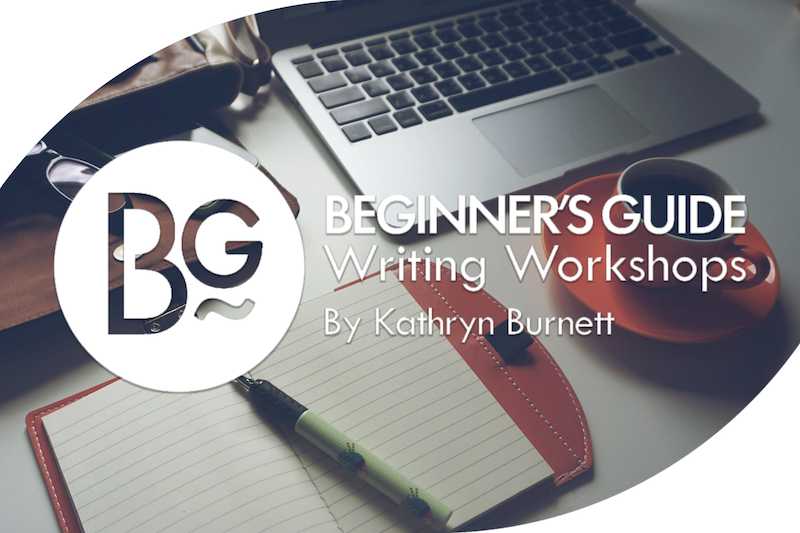The other day I was talking with a friend of mine about the UK roll-out of a vaccine for Covid-19. We both agreed it was wonderful news but she expressed some concern about taking it herself, if and when, it becomes available in New Zealand.
She said she’s definitely not an anti-vaxxer, but she is worried about how fast the treatment has been developed, and that she has anxiety about having a jab herself.
I had to admit I had similar feelings. Again, like my friend, I believe vaccinations are an important tool in humanity’s war against disease. From Edward Jenner’s first treatment for smallpox, our species has developed many effective vaccines for diseases such as Polio, Measles, Hepatitis, etc.
Modern medicine has changed our lives for the better and will continue to do so. So why the qualms about a preventative for Covid-19?
I think partly because this disease is so new and it’s affecting us right now. The pandemic has triggered a fear response in us, which is amplified by the amount of misinformation out there and complicated by the criminally negligent responses by many governments and world leaders.
Since I am not a conspiracy theorist and I have a healthy respect for science and medicine, I think the development of a vaccine is vital.
However, in the back of my mind, I recall the time’s science hasn’t got it right, such as the use of Thalidomide to prevent morning sickness in pregnant women. The results of that mistake were horrifying. That drug is still used in cancer treatments, but both men and women are told to use contraception if taking Thalidomide since it can be transmitted via semen and to a baby via the placenta.
So, some nervousness about having a foreign substance injected into our bodies can make us anxious. And that’s actually ok. I believe it is healthy to think about the implications of any treatment, and to be able to give informed consent to any procedure.
The best way of dealing with the anxiety and to gain greater knowledge is to find out the truth about a treatment. Thankfully, there is plenty of information out there about these new vaccines.
How effective are they?
Well, let’s take a look at the Oxford University/AstraZeneca vaccine.
A peer review of the clinical trials showed it has average effectiveness of 70.4% and of the 11,600 volunteers who tested the vaccine in the UK and Brazil, none were hospitalized. There are some questions about why some volunteers who received a lower dose seemed to have a higher rate of protection, but essentially the vaccine works.
The Pfizer/BioNTech vaccine is currently being rolled out in the UK and is said to be 95% effective and works in all age groups.
One worry for many of us I think is the speed in which these vaccines have been developed. Concerns from some people are that shortcuts have been made.
But some of the speed has come from the huge amounts of money that have been thrown at this pandemic. Also, the usual phases of medicine development are sequential and are tasked with finding out if the vaccine generates antibodies, how effective it is, and if it is safe. With Covid, some of these phases have been run in parallel to one another. Also, regulators in many countries have been receiving data on the trials as scientists have been working on them, not much later as is usual.
What is also unusual about the Covid vaccines is that manufacturers have already begun producing them before the approvals were granted. That’s because they need to be shipped urgenly once government regulators give the green light.
The other thing to consider is that the vaccines have been developed on the back of existing research and prototypes which as also aided in the quick development. The speed of the development however should not raise qualms about future ‘side-effects.’ According to a former UK Chief Science Advisor, any side-effects would have shown up already in the trials.
Ultimately the success of the vaccines depends on enough people taking them. It needs to be approximately two-thirds of the population according to the Vaccine Education Centre at the Children’s Hospital of Philadelphia.
If we want to defeat Covid, then we all need to step up and do the right thing. That’s why my friend and I, despite our anxiety, will get a vaccination when one is available in our country.
Will you?
EDITORS NOTE – (11 Dec 2020) Since this story was written there has been advice from UK authorities that people with severe allergy risks should not take the vaccine. That does not alter my thoughts, but I would recommend anyone to talk with a health specialist before taking a vaccine.




